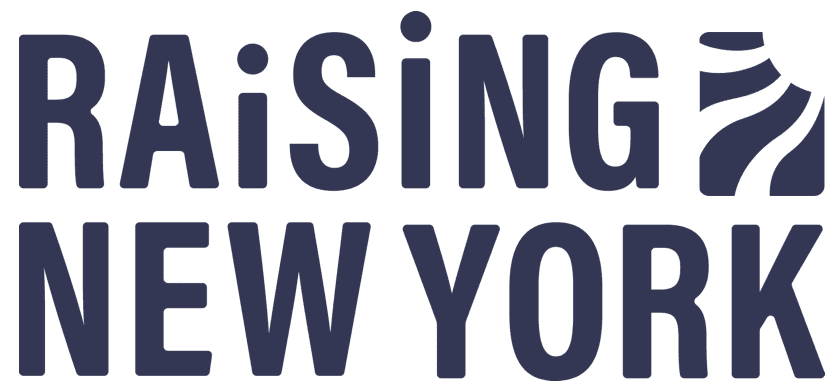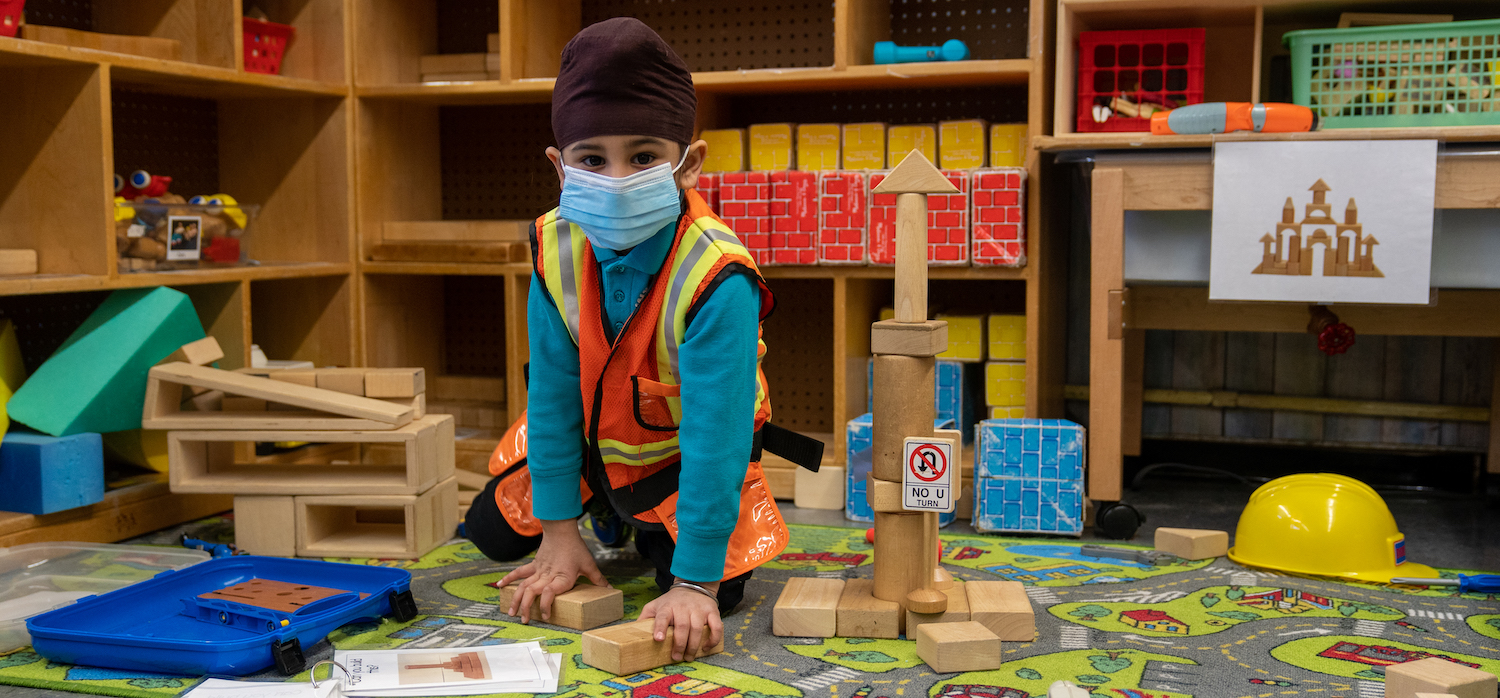Just as building blocks offer a solid base to create whatever a child’s imagination sparks, universal child care cannot be built without three key foundational building blocks — Affordability. Accessibility. Quality.
Research shows that investing in high-quality early childhood programs leads to students being more likely to graduate from high school and college, makes communities safer, improves economic security and therefore child well-being, and stops the school-to-prison pipeline that keeps too many children and young adults from reaching their full potential.
But in child care deserts throughout New York State — an area where child care programs are scarce and residents face considerable barriers to meeting their families’ needs due to structural racism and economic inequities — many families do not have access to programs built on these essential blocks that will help set their children on the path to a bright future and their families to economic security.
According to a poll conducted by The Education Trust–New York over the summer, New Yorkers overwhelmingly want the city’s new mayor to provide economic relief to working parents and help support our youngest New Yorkers to stay developmentally on track. The poll also made it clear that families are under a tremendous amount of stress while experiencing incredible economic instability as New York City continues to struggle with the pandemic.
Here’s some of what we heard.
Navigating a Complex System
“They don’t make it easy. And when you do [find a program] they want outrageous numbers so you can’t pay out of pocket. I’d rather just stay with my child and try my best to provide for myself.”
Working Just to Pay for Child Care
“My wife wants to get back to the workforce, but if she goes back then she’s just working to pay for child care. It doesn’t make sense. Yes, the government assistance from COVID helps but it’s just temporary and it’s not going to help long-term. We need more supports for parents so we can be productive and contribute to the economy.”
Calculating Every Step
“It’s a degrading process to go to get it. And now you can’t earn an extra because then you won’t qualify for food stamps anymore.”
In Raising NY’s New York State’s Infant and Toddler Care Workforce Report, the coalition recommends many ways to ensure that access, affordability, and quality are central to rebuilding and strengthening the state’s child care system.
Among the coalition’s recommendations:
- Expanding funding to allow for universal access to and participation in QUALITYstarsNY to increase the number of educators who have access to quality improvement plans and resources to earn credentials, certificates, and degrees so that children have greater access to excellence;.
- Investing state and federal funds to subsidize infant and toddler care professionals’ salaries so they earn wages reflective of their duties and responsibilities;
- Supporting current and future child care professionals with training, apprenticeships, credentials, bachelors’ and advanced degrees, and access to professional development specifically designed to support the development of children from birth through 3 years of age and their families;
- Providing institutions of higher education the resources necessary to ensure early childhood programs offer coursework focused on the needs of infants and toddlers, and honor the relevant experience of the existing workforce;
As New York leaders take steps forward to solve the state’s child care crisis, high-quality, safe, and culturally responsive child care supported by a universal, transparent quality rating and improvement system — alongside investing in personnel’s professional development and salaries — must be critical components to enacting new policies.

